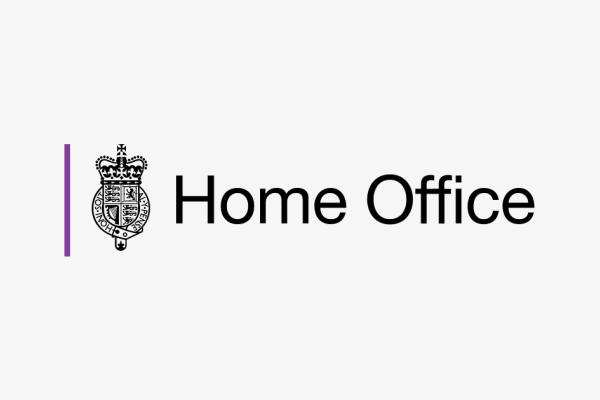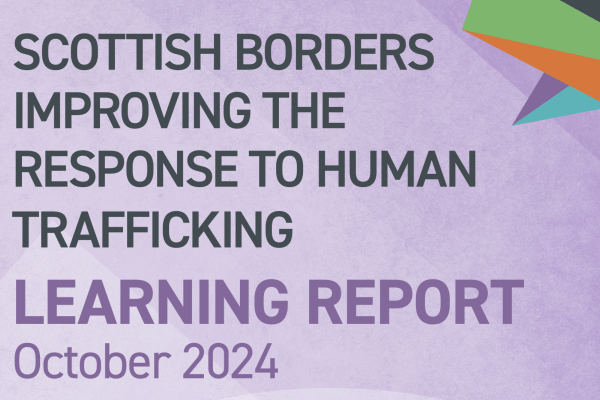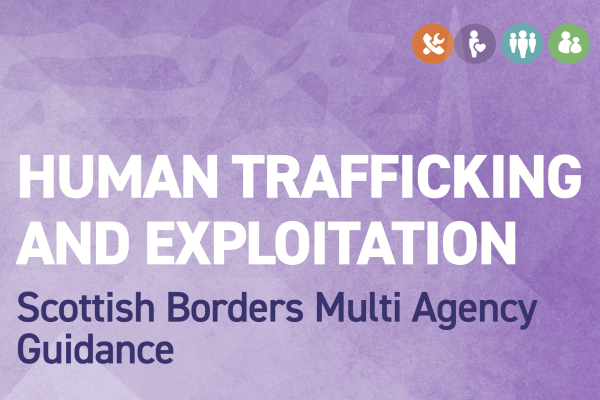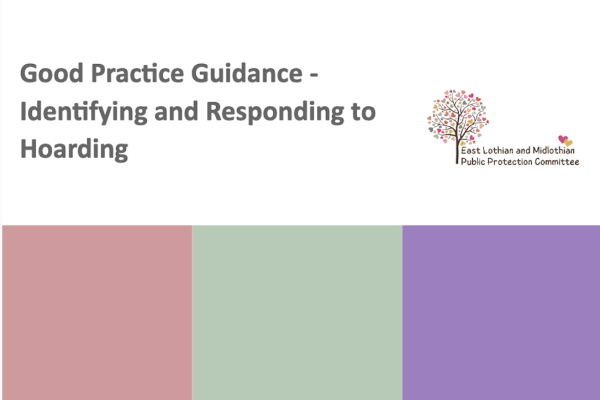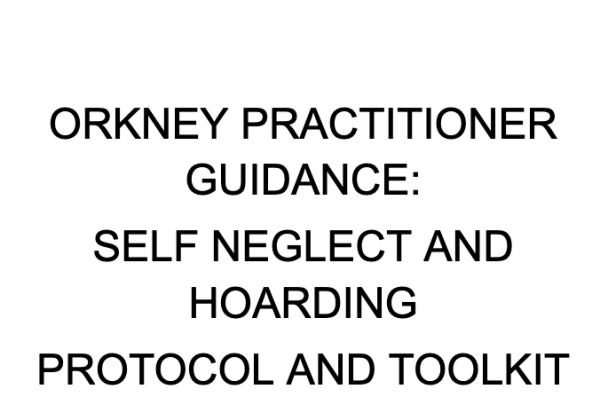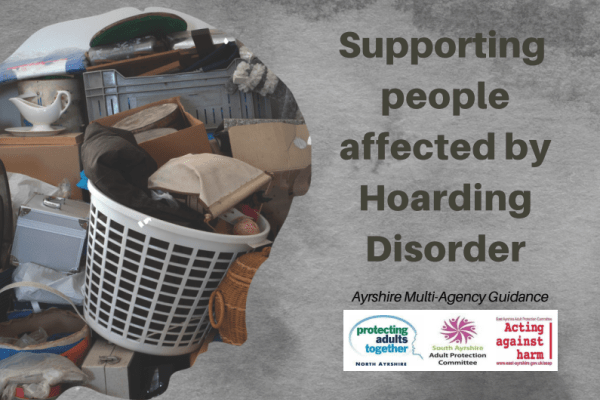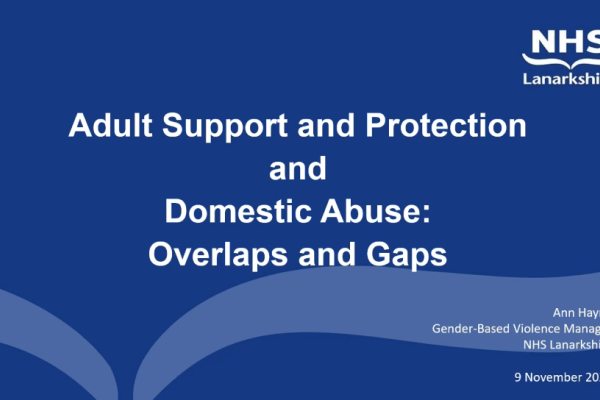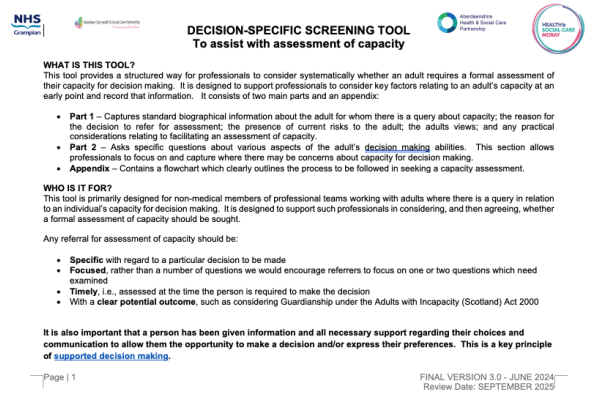National referral mechanism guidance: Adult (Northern Ireland and Scotland)
The National Referral Mechanism (NRM) is a framework for identifying and referring potential victims of modern slavery and ensuring they receive the appropriate support. This guidance is to assist designated first responders in completing the referral form before it is submitted. The guidance includes the definition of modern slavery, what happens when a referral is received, and how potential victims are supported.
